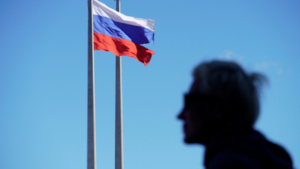Tribunal for Putin: leaders of the non-Western world remain reluctant to hold Russia accountable for the war against Ukraine
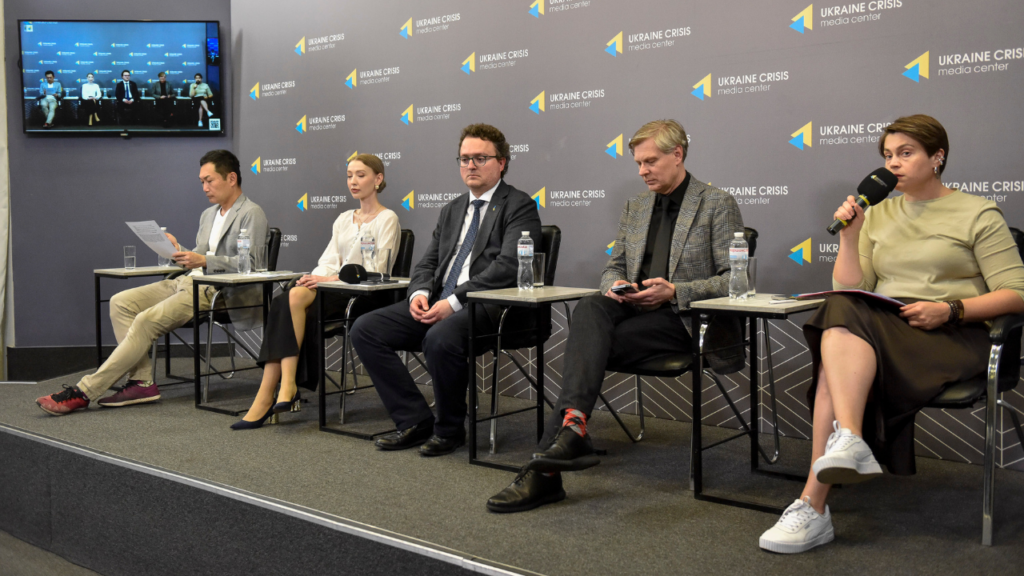
While the West has firmly supported the initiative to establish a Special Tribunal for the Crime of Russian Aggression Against Ukraine, many governments in Africa, Asia, and Latin America continue to keep at bay. What are the reasons for this, and how could these countries be meaningfully engaged in supporting the Tribunal? These pressing issues were the focus of an open discussion titled “Beyond the West: the Global Vision of a Special Tribunal for the Crime of Aggression” hosted by the Media Initiative for Human Rights. The full discussion is available at this link. We highlight the key takeaways below.
Anton Korynevych, Coordinator of the Core Group on the Establishment of a Special Tribunal, delivered the keynote address. The discussion brought together both Ukrainian and international experts from India, Chile, Kenya, and Japan. The event was moderated by journalist and researcher Maria Tomak.
Why is a Special Tribunal necessary?
The Special Tribunal is being established based on the agreement between Ukraine and the Council of Europe, with its seat in The Hague. Ukrainian law enforcement agencies will be able to refer national investigations and court cases related to the crime of aggression against Ukraine to the Tribunal.
The Tribunal will operate as an independent international institution with its own legal personality. It will not be part of any national legal or judicial system and will have the authority to enter into agreements with other countries and international organizations. Its operation will be grounded firmly in international law.
The Tribunal will be composed primarily of foreign judges, prosecutors, and legal officers with substantial experience in international law. This approach is intended to ensure a strong international character and credibility of the institution.
“Another important feature of the Special Tribunal — one that is currently absent in most existing international criminal justice mechanisms — is its ability to issue judgments in absentia. This means that in addition to issuing arrest warrants for senior military and political leaders of the Russian Federation, the Tribunal will be able to deliver verdicts recognized by the international community,” noted Anton Korynevych
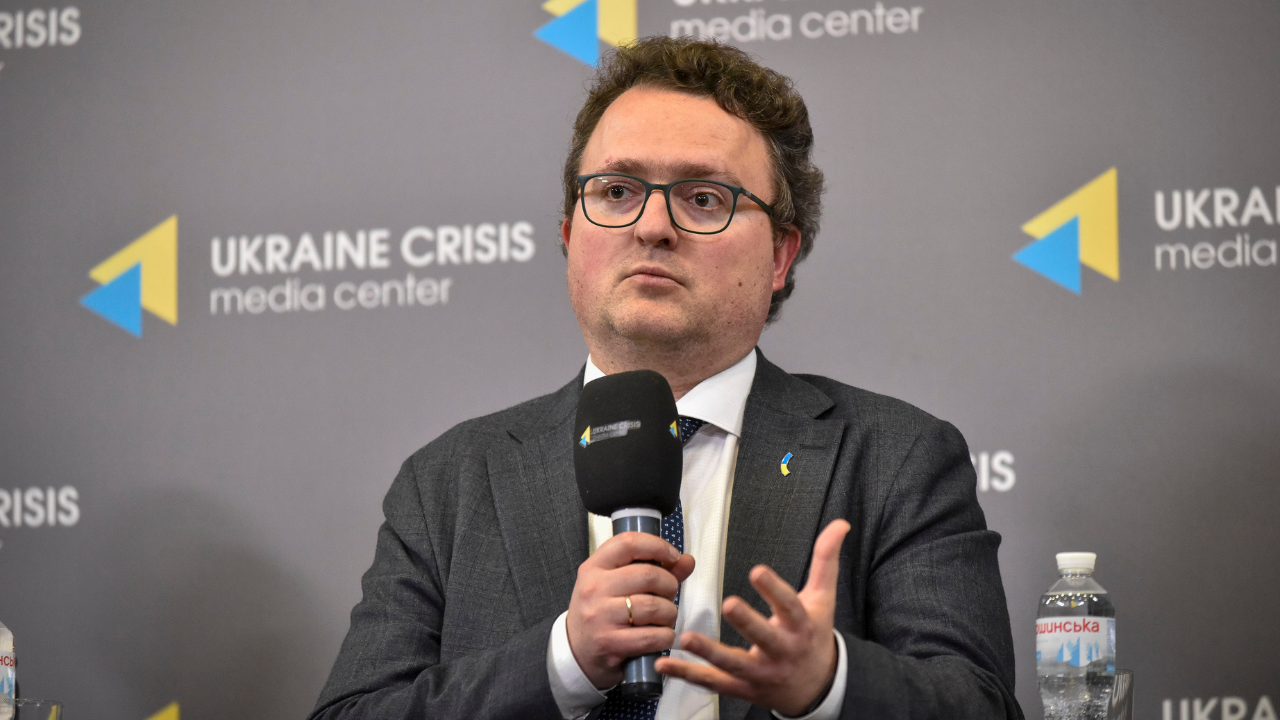
Anton Korynevych, the mastermind behind a Special Tribunal for the Crime of Aggression. Photo by Ukraine Crisis Media Center
At present, the EU member states, as well as Costa Rica, Guatemala, Japan and Australia has joined the initiative to establish the Special Tribunal. Efforts are underway to engage countries from regions beyond Europe and the Euro-Atlantic community.
The legal team working on the establishment of the Special Tribunal is currently focused on several key priorities:
-
launching a dedicated page on the website of the Ministry of Foreign Affairs to publish key documents related to the Special Tribunal;
-
processing an agreement that will be open for signature by any state that supports the idea of the Special Tribunal. This agreement will allow participating countries to contribute to its funding, administration, selection of judges and prosecutor, and to join as either full or associate members of the Tribunal;
-
finalizing a cooperation agreement that will govern how states interact with the Special Tribunal in the enforcement of its decisions.
Roman Romanov, Director of the Human Rights and Justice Program at the International Renaissance Foundation, emphasizes the importance of framing the Special Tribunal as a non-political process. According to him, this mechanism should become an instrument of global significance capable of operating within a broader international context rather than being a mere Euro-Atlantic initiative.
Romanov points out that Russia continues to promote the notion that major powers have the right to dominate smaller states and asserts its claim to a special role in the post-Soviet domain, in Eastern Europe, and across the European continent. He argues that this imperial narrative is one of the key drivers of the war against Ukraine, which is well understood in the countries of the Global South given their own historical experience with colonialism and great power domination. Romanov believes this shared experience should serve as a foundation for building solidarity with countries beyond Europe and the Euro-Atlantic domain to encourage their support for the Special Tribunal for the crime of aggression against Ukraine.
“This is a unifying idea — resisting the domination of large countries that seek to use force to resolve political, diplomatic, linguistic, or any other kind of conflict,” emphasizes Romanov.
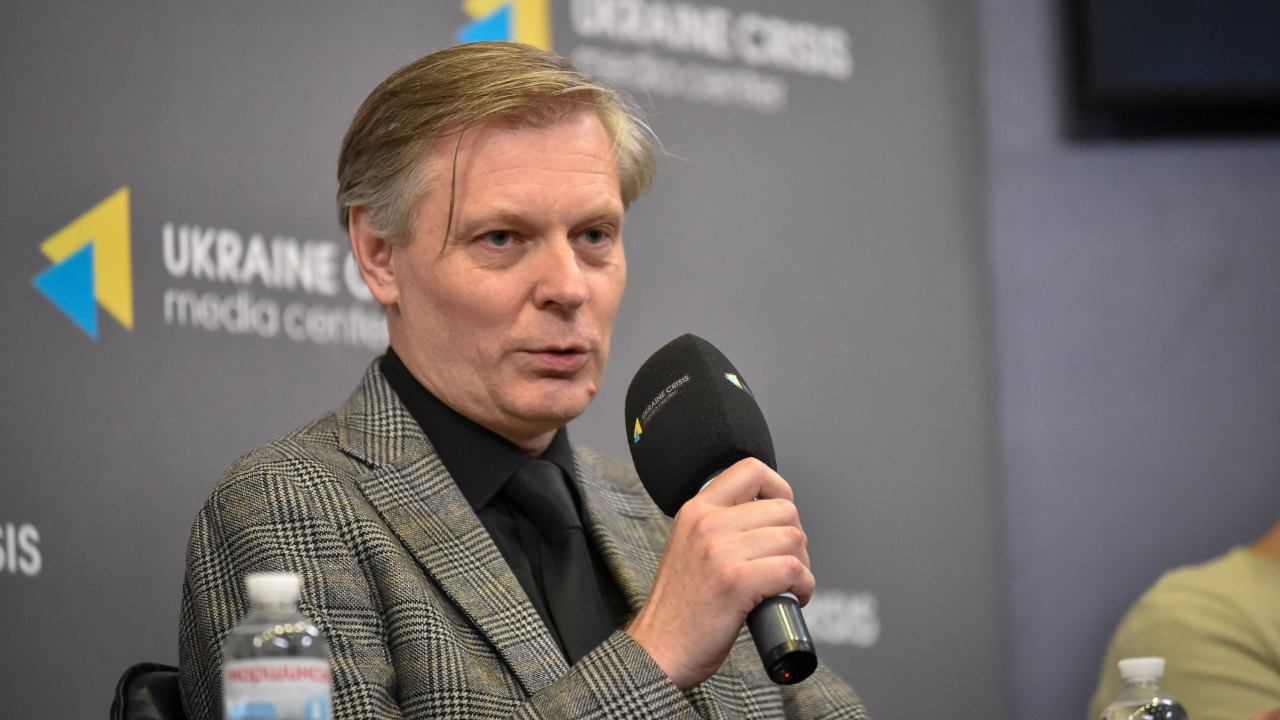
Roman Romanov, Director of the Human Rights and Justice Program at the International Renaissance Foundation. Photo by Ukraine Crisis Media Center
He also emphasized the importance of regional mechanisms.
“It is unrealistic to expect the United Nations to serve as the primary forum for resolving most conflicts. That is why the potential and the role of regional organizations are on the rise. These include not only the Council of Europe, but also the African Union and the Organization of American States. Why not seek solutions within a more cohesive environment, building on the existing legal frameworks that strengthen and advance the international law rather than fragment it?!”
Challenges to the promotion of the Special Tribunal
Japan is one of the countries that has politically endorsed the Special Tribunal and is a member of the Core Group. However, due to a recent change in government and its strategic alignment with U.S. foreign policy, Japan’s engagement in this initiative has been relatively limited. Takashi Hirano, journalist and editor of the Japanese-language edition of Ukrinform, offers the following explanation:
“The actions of the Japanese government are significantly influenced by the situation in the United States and its current, somewhat ambiguous stance. Japan has to take that stance into account. Unlike European countries, which in a few years can develop their own security structure, Japan does not have that option. So, if the U.S. acts a certain way with regard to the Special Tribunal, it becomes very difficult for Japan to pursue a different course.”
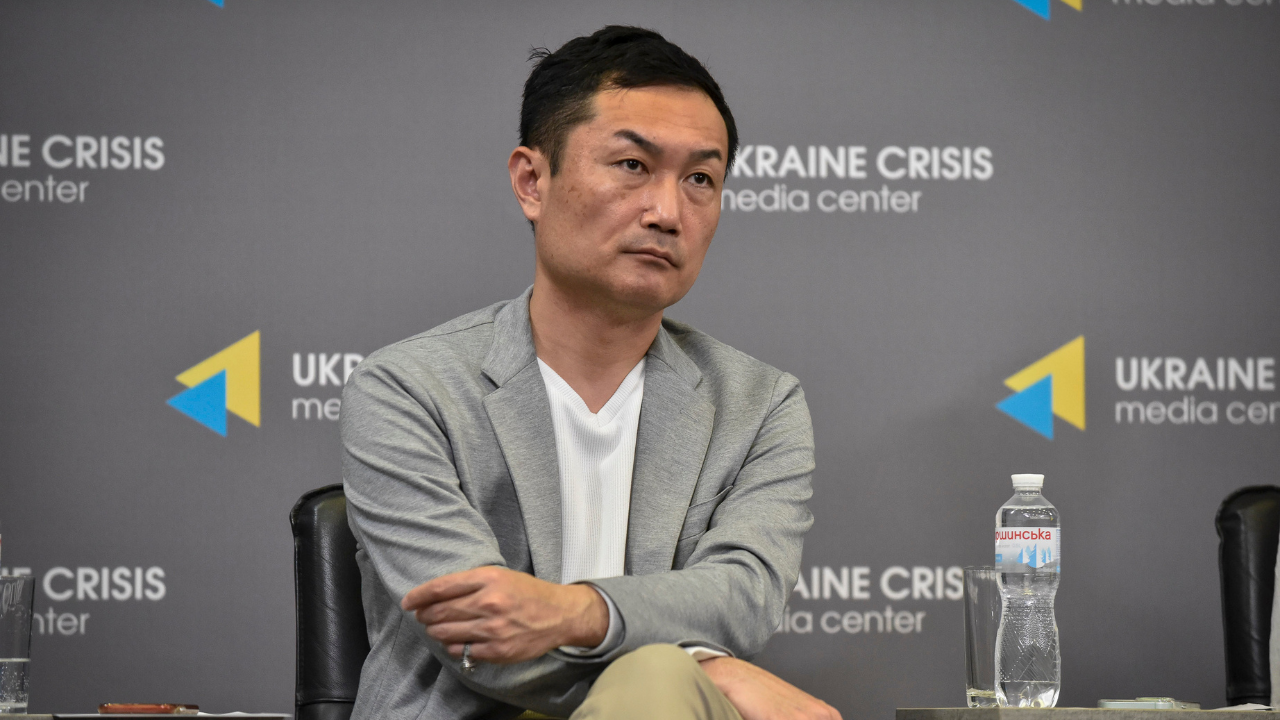
Hirano also notes that, from Japan’s perspective, the war in Ukraine is a challenge to international law and order. Photo by Ukraine Crisis Media Center
Takashi Hirano recommends that Ukraine strengthens its political dialogue with Japan and works together with its European partners so that his country does not rely solely on the position of the United States. He also noted that, from Japan’s perspective, the war in Ukraine is a challenge to international law and order.
By contrast, India is skeptical about any tribunals. This point was raised by Rudroneel Ghosh, Senior Assistant Editor at The Times of India, during the open discussion hosted by MIHR. He noted that India is particularly concerned about the potential for tribunals to be used as instruments of external influence over internal affairs of sovereign states.
“India is not a party to the Rome Statute,” Ghosh explained. “The main reason is that the International Criminal Court, and the model it represents, is perceived as infringing upon the principle of national sovereignty. Speaking about other countries in South Asia, I would point to the example of Bangladesh. In 2008, when the new government came into power, the International Crimes Tribunal was established to prosecute those accused of war crimes and crimes against humanity committed during the 1971 War of Independence. The intentions were noble, and initially the tribunal enjoyed broad support. However, over time, numerous allegations of political bias emerged. There was a perception that the government was using the tribunal to suppress political opposition. This undermined the credibility of the process. Even those who had initially supported the tribunal began to criticize it.”
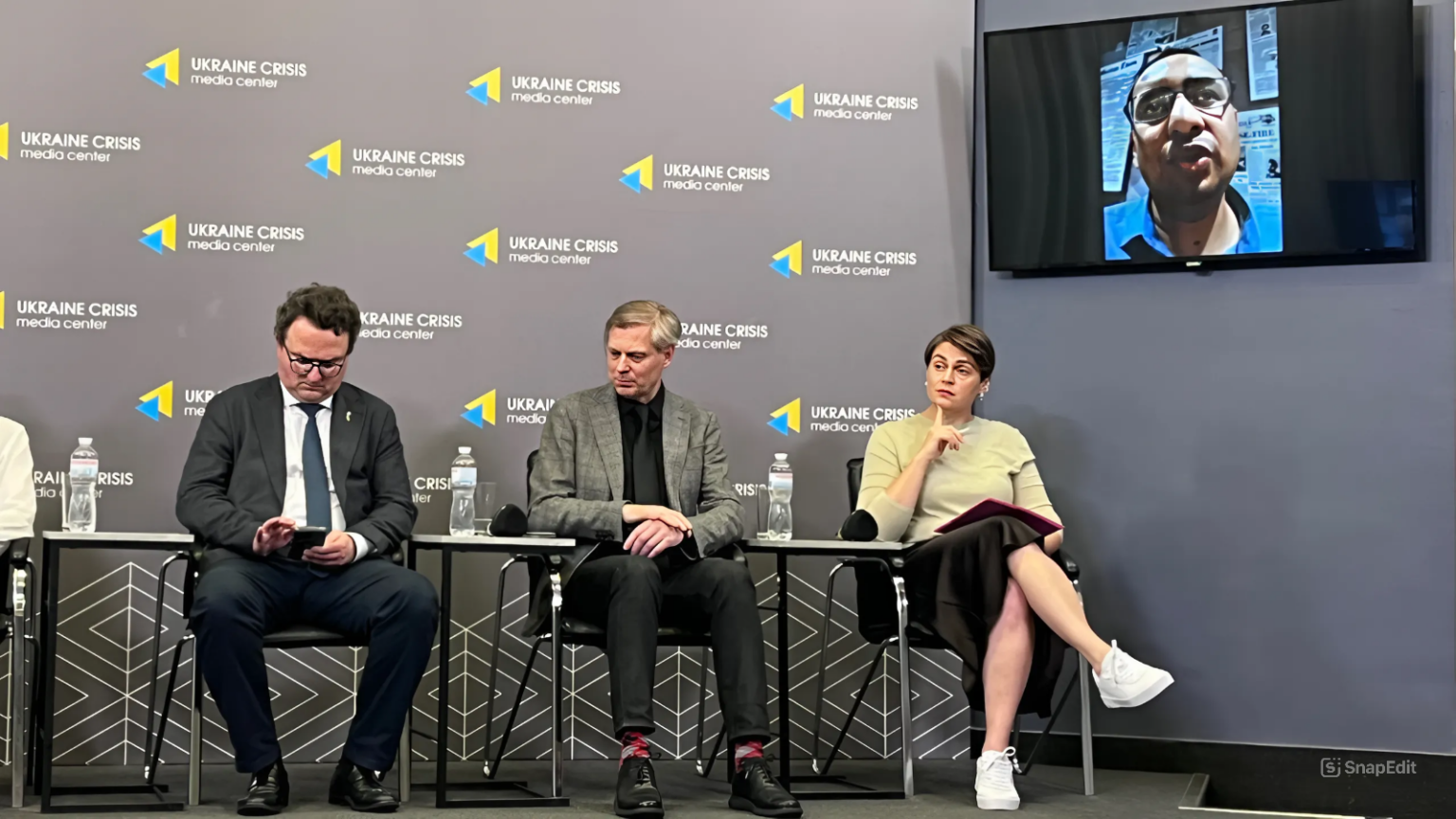
Rudroneel Ghosh, Senior Assistant Editor at The Times of India, joined the discussion online. Photo by Stanislav Miroshnychenko
He emphasizes that in the case of Ukraine, it is of the utmost importance for the Special Tribunal to be transparent, fair, inclusive, and to engage all relevant stakeholders including victims.
Brian Oruta, Senior Digital Reporter at The Star, reflects on whether Kenya will join the initiative. Much like in India’s case, the Kenyan government approaches international tribunals with caution:
“After the events of 2007, several of our leaders were charged with crimes against humanity and subjected to investigation by the International Criminal Court. These were the same individuals who won the elections and then claimed that the ICC was biased.”
According to him, some politicians even advocated for Kenya’s withdrawal from the Rome Statute. The current president supports the establishment of an African court, rooted in the belief that African problems should be addressed within the continent. In this context, other continents perceive a Special Tribunal for the Crime of Russian Aggression Against Ukraine as a European initiative, designed by and for Europe.
Geopolitical alignments in the region also pose a challenge. Uganda, for instance, maintains strong ties with Russia, while Kenya — once closely aligned with the United States — is now increasingly in step with China. There have even been signals suggesting Kenya’s potential interest in joining BRICS, further shaping its geopolitical orientation.
“What could encourage Kenya’s participation is the success of the Special Tribunal itself,” says Brian Oruta. “We’re watching for results. It’s also essential to disseminate more information about the Tribunal so that people talk about it and engage in discussion. I hope that Kenya will ultimately make the right decision to join the Special Tribunal and stand for justice.”
Kateryna Rashevska, a lawyer at the Regional Center for Human Rights, shared insights from her experience of advocating for Ukraine’s cause in Africa, South America, and Asia.
In preparation for a visit to South Africa, she received crucial guidance from government communications professionals: avoid using the term “Global South,” focus instead on food and nuclear security, and emphasize the issue of returning deported Ukrainian children. According to Rashevska, these recommendations proved effective not only in African states but also in Brazil and other countries across South America.
At the same time, there were specific topics that local partners advised not to raise, in particular the issues of international accountability and the establishment of a Special Tribunal for the crime of aggression. The human rights advocate explains that outside of Europe the practice of tribunals is perceived as a distinctly “Western” construct often marked by double standards. A common question is: Why were there no comparable investigations into Iraq, Libya, or Afghanistan? Moreover, many countries in the non-Western world are dependent on Russia in terms of economy, politics or security.
Nevertheless, Kateryna Rashevska emphasizes that Ukraine must seek points of connection with these countries.
“I believe that a people-to-people approach should be fundamental for our cooperation, when Ukrainian government agencies communicate with civil society representatives in Africa, South America, and Asia. Finally, we need to acknowledge that these countries lack the political, financial, or human resources to lead this kind of effort on their own. Therefore, by fostering cooperation with their civil society, we can lay the groundwork for broader support of Ukraine,” explains Kateryna.
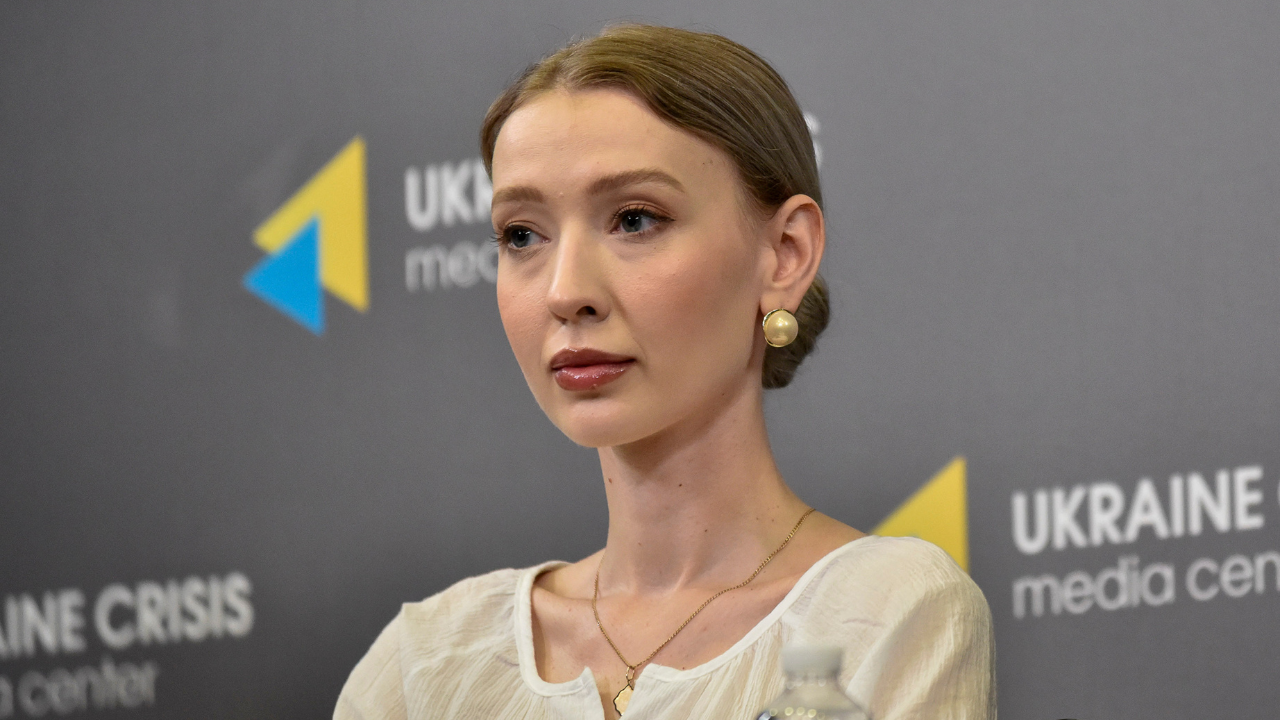
Kateryna Rashevska urges Ukraine to cooperate with civil society organizations across Africa, South America, and Asia Photo by Ukraine Crisis Media Center
Raimundo Vera, representative of the Center for European Studies of the University of Concepción in Chile, joined the discussion on the Special Tribunal. His country has been consistently supporting Ukraine. However, the idea of establishing a Special Tribunal is not publicly debated in Chile — discussions around it are limited to expert circles. Moreover, the Chilean government has not yet articulated an official position on the matter.
“Our Center strongly condemns the Russian aggression and calls for the withdrawal of troops from Ukraine. As a country that has ratified the Rome Statute, we are committed to upholding our international obligations,” emphasized Raimundo Vera.
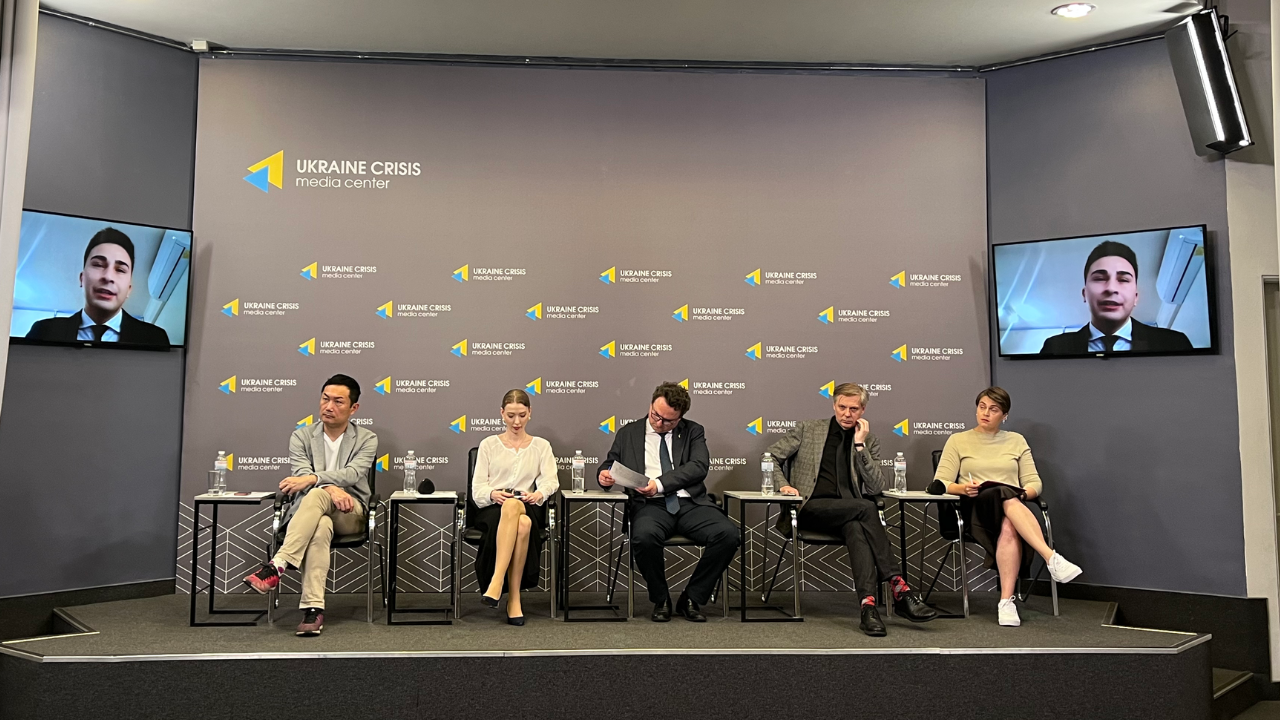
Raimundo Vera, representative of the Center for European Studies of the University of Concepción in Chile (on the screen). Photo by Stanislav Miroshnychenko
He also added that the idea of establishing a new institution raises legal and legitimacy concerns. In his opinion, the existing mechanisms for bringing to justice are sufficient, and it would be more effective to act within the framework of institutions that are already in place.
This point is challenged by Anton Korynevych, who argues that bringing to justice specifically for the crime of aggression is not feasible withing the framework of the Rome Statute and the jurisdiction of the International Criminal Court.
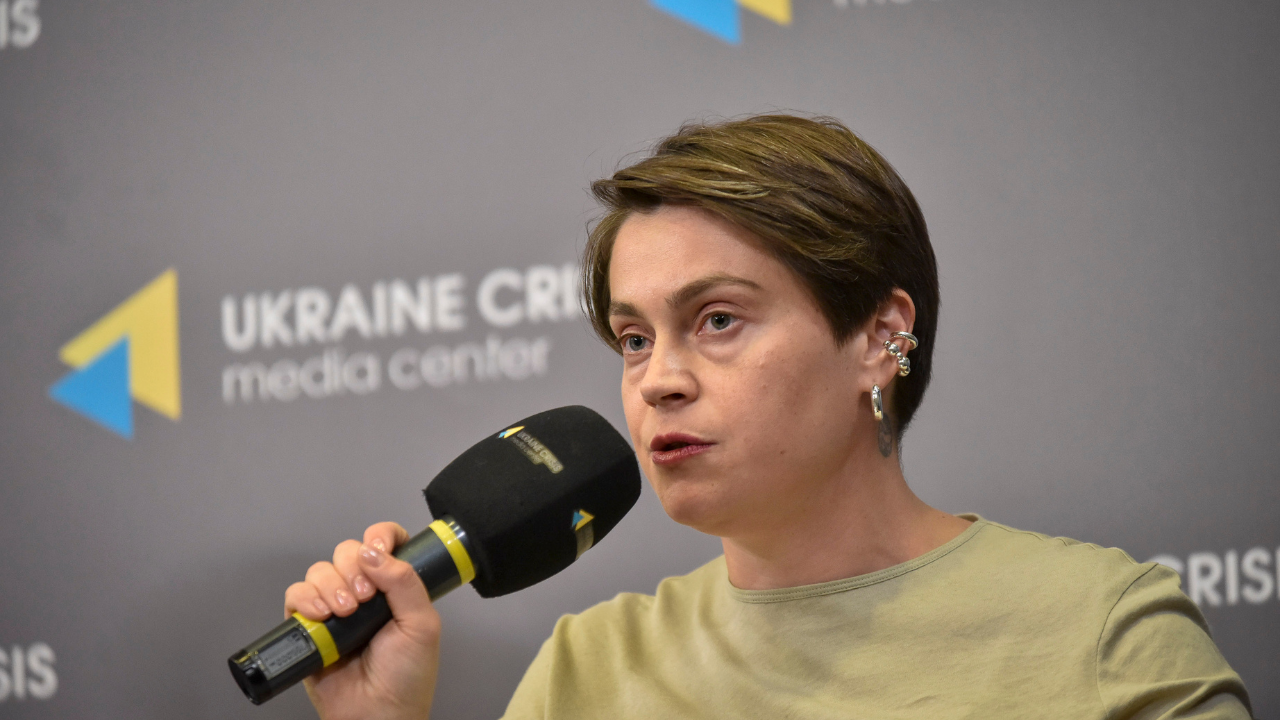
The discussion was moderated by journalist and researcher Maria Tomak Photo by Ukraine Crisis Media Center
It is worth reminding that the Declaration on the Establishment of a Special Tribunal for the Crime of Russian Aggression Against Ukraine was signed by 35 countries on 9 May 2025 in Lviv.






